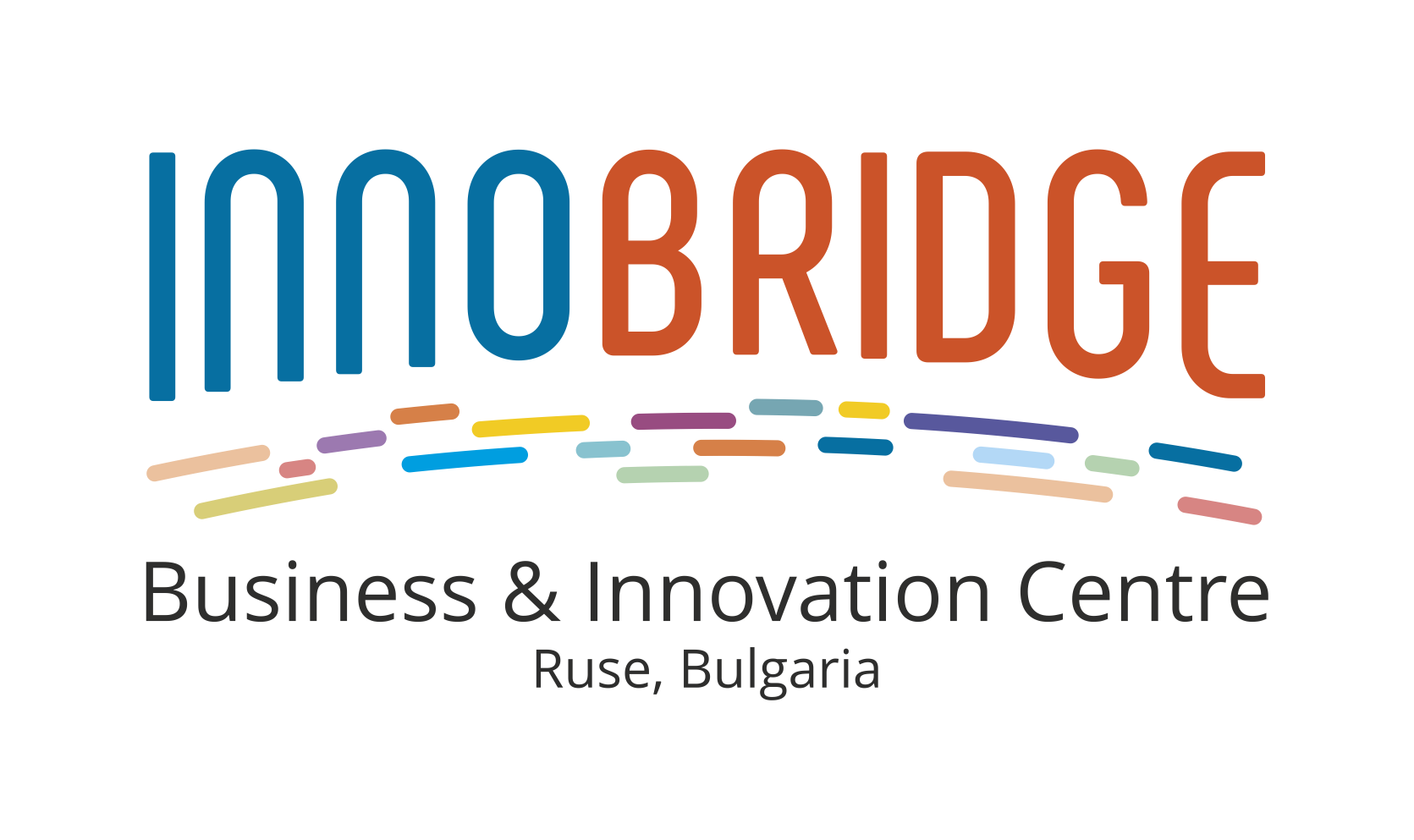Social entrepreneurship in Bulgaria: Registration and benefits
Social entrepreneurship is a specific form of entrepreneurship aimed at finding solutions to public, social or environmental needs that cannot be solved by market or administrative mechanisms alone. These enterprises aim to achieve social goals and support vulnerable groups in society.
Regulation of social entrepreneurship in Bulgaria
In Bulgaria, social entrepreneurship is regulated by The Law on Enterprises of the Social and Solidarity Economy (LESSE). The law regulates public relations related to the social and solidarity economy, the types of entities and measures for their promotion, as well as the terms and conditions for the activity of social enterprises.
Categories of social enterprises
The law divides social enterprises into two classes: class A and class A+.
Class A social enterprises:
- They carry out social activity that produces social added value, determined according to a methodology issued by the Minister of Labor and Social Policy.
- They are managed transparently with the participation of members, workers or employees in decision-making.
- The financial result, spent for social activities or purposes after taxation, is more than 50% and not less than BGN 7500.;
- Not less than 30% and not less than 3 of the people employed in the enterprise are from vulnerable groups.
Class A+ social enterprises:
- Meet all the conditions for class A, as well as at least one of the following additional conditions:
- They realize the social added value entirely within the administrative boundaries of municipalities which for the previous year had an unemployment rate equal to or higher than the average for the country.
- The financial result spent for implementing social activity after taxation is more than 50% and not less than BGN 75,000.
- At least 30% of the employees are persons from vulnerable groups and have worked continuously in the enterprise for the last 6 months.
Procedure for registering a social enterprise
The registration of a social enterprise in Bulgaria is carried out by submitting an application (according to a model) to the Minister of Labor and Social Policy or an official authorized by him. The following documents are attached to the application:
- Form for determining the presence or absence of social added value under Art. 7 items 1 of the Law on Enterprises of the Social and Solidarity Economy.
- Founding agreement, statute or other organizational document of the enterprise/organization, in which a procedure for transparent management with the participation of members, workers or employees in decision-making is outlined.
- The last annual financial report with a positive financial result and explanatory information in free style, which prove that from the positive financial result, after taxation, more than 50% and not less than BGN 7,500 is spent to carry out a social activity or purpose.
- Documents for the persons employed in the enterprise, which prove that the persons fall into one of the vulnerable groups listed in Art. 7. point 4 of LESSE.
Applications are submitted electronically or on paper. When submitting the application on paper, the documents attached to it are certified by the applicant as "true to the original".
Paper applications are accepted at the reception of the Ministry of Labor and Social Policy at ul. "Triad" No. 2.
The following options are available electronically:
- by submitting the application directly to the electronic Register.
- through the official website of the MLSP (the "Contacts" section, e-uslugi@mlsp.government.bg - for those signed with a qualified electronic signature).\
- through the system for secure electronic delivery of the State Agency "Electronic Government";
Benefits of registration
Social enterprises receive different incentives depending on their class:
- Class A social enterprises:
- Assistance in the search for specialized financing.
- National training programs for the development of their management capacity.
- A distinctive certification mark for social enterprises and their products or services.
- Class A+ social enterprises:
- All Class A benefits, plus extras:
- Right to build on properties which are private municipal property without auction or competition.
- Right of use on properties and belongings which are private municipal property without auction or competition.
- Financial support for training and increasing the professional qualification of employed persons from vulnerable groups.
- All Class A benefits, plus extras:
The Law on Enterprises of the Social and Solidarity Economy entered into force already in 2019, but the awareness of citizens and stakeholders about the advantages it provides is still weak. Interest in registration in the official register of social enterprises is relatively weak, and many organizations in practice carry out socially significant activity without being able to take advantage of the advantages that the official status of a social enterprise would give them under the law.
True to its mission to be a bridge between ideas and their implementation, regions and partners, the BIC Innobridge team works hard for sustainable development and social responsibility in the region, promoting the principles of the social economy and encouraging start-ups and businesses with a cause. Through projects like SAGA, aimed at training people from vulnerable groups in the creation of social enterprises in the field of gastronomy and food heritage, we reinforce our commitment to reduce inequalities, drive economic recovery and build a sustainable future for local communities.







